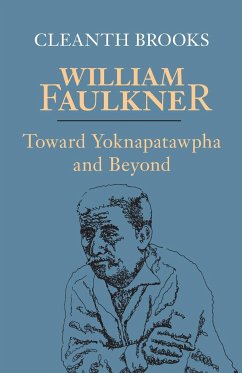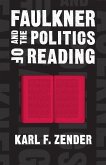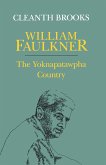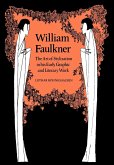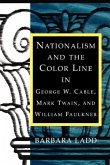In this companion volume to William Faulkner: The Yoknapatawpha Country, Cleanth Brooks takes an in-depth look at Faulkner's early poetry and prose as well as his five non-Yoknapatawpha novels -- Soldiers Pay, Mosquitoes, Pylon, The Wild Palms, and A Fable. Brooks also offers relevant clarification of some of his earlier interpretations of Faulkner that have been challenged -- most notably in the case of Faulkner that have been challenged -- most notable in the case of Absalom, Absalom!, which he considers Faulkner's greatest novel. Recognizing that the creative and imaginative center of Faulkner's art is Yoknapatawpha County, Brooks examines the merits of each of the works set beyond these boundaries and explores how these writings complement Faulkner as an artist. He sheds light on the literary sources that influenced Faulkner's early work and the technical innovations and general themes Faulkner was to develop in his later writing. The notes and appendixes with which Brooks concludes Toward Yoknapatawpha and Beyond serve only to amplify this comprehensive study.
Hinweis: Dieser Artikel kann nur an eine deutsche Lieferadresse ausgeliefert werden.
Hinweis: Dieser Artikel kann nur an eine deutsche Lieferadresse ausgeliefert werden.

